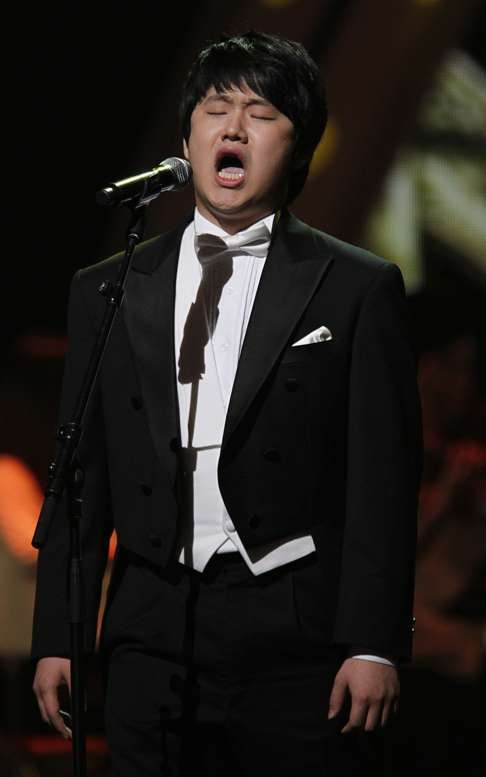
Book review: Singing is My Life by Korean who rose from gutter to win talent prize
How Choi Sung-bong found his voice after abandonment at birth, family heartbreak, attempted suicide and a life of crime on the streets, and the message of hope his story has for us all

Singing is My Life: A Memoir of My Journey from Homelessness to Fame
by Sungbong Choi
CreateSpace
3.5/5 stars
If you are familiar with South Korea’s crime films, then Choi Sung-bong’s story may sound familiar.
Picture this in a fast-paced Korean-style crime thriller: Choi, a child abandoned at birth, fled an orphanage at five. He lived the next decade at a red light district, selling chewing gum at pubs, sleeping inside public toilets or on the stairs of restaurants, and running errands for local gangsters while risking being kidnapped by organ traffickers, molested by paedophiles, and almost buried alive in a mud pit by gangsters. Choi, living like a stray dog, frequently dragged himself into bloody street fights and was using alcohol and drugs.
But just as every screenplay needs a twist for surprise, Choi’s life came to its turning point when he stood on the stage of reality television show Korea’s Got Talent in 2011, where he swiftly rose to fame for his beautiful tenor voice, singing the Italian song Nella Fantasia, or “In my fantasy”, and was named first runner-up.

In his English autobiography, Singing is My Life: A Memoir of My Journey from Homelessness to Fame, which came out this spring, four years after its Korean version was published, Choi, now a 26-year-old vocalist and public speaker, relays his past struggles in a hard-hitting first-person narrative.
Choi’s book is a chronological account of his life up to the end of the 2011 show. It focuses on his struggle with a defective personality – the result of being deprived of familial love – that constantly provokes death wishes and stops him socialising. Choi didn’t know his real name until he was 14. His father refused to see him, and his brief meeting with his mother was so cold and heartbreaking he tried to end his life.
“I had to force myself to live a life cursed by being rejected by death,” Choi writes. “Like water and oil, people and I could not mix ... I only know how to fight and not how to reconcile.”
A good uplifting book has to be, first and foremost, real and honest. Choi has been remarkably confessional about the things he felt embarrassed about doing through years of living on the street through sheer tact and guts: he stabbed street bullies with a knife for revenge and his unstable moods and street-nurtured habits often led to curses and fights when people declined to give him food or money. During his post-street life, when he crashed at a night school to escape from gangsters, he developed an interest in dancing. To pay for his dancing class, Choi became a thief before being arrested by the police.
Reading Choi’s story isn’t an easy journey, but what often keeps the reader turning the pages is his self-reflection. His life improved gradually after coming across Jeongso Park, a music teacher who took Choi under his wing and helped him all the way through to his fame. But Choi’s orphanage background often came back to bug him. “The fact that I had to work because I had no family but couldn’t work because I had no family made resentment well up inside me,” he writes on the hardships of getting jobs as a teenager. When he took the elementary school qualification exam to pursue formal education, he told himself: “I believed that I had learned things not by rote memory but through hard knocks in life.”
We live in an era where reality shows have flooded our TV screens and overnight fame has become commonplace. As someone who owes his stardom to a popular talent show, Choi could easily have been seen as just one among many, but the genuineness of his words and his message of hope somehow resonate.

